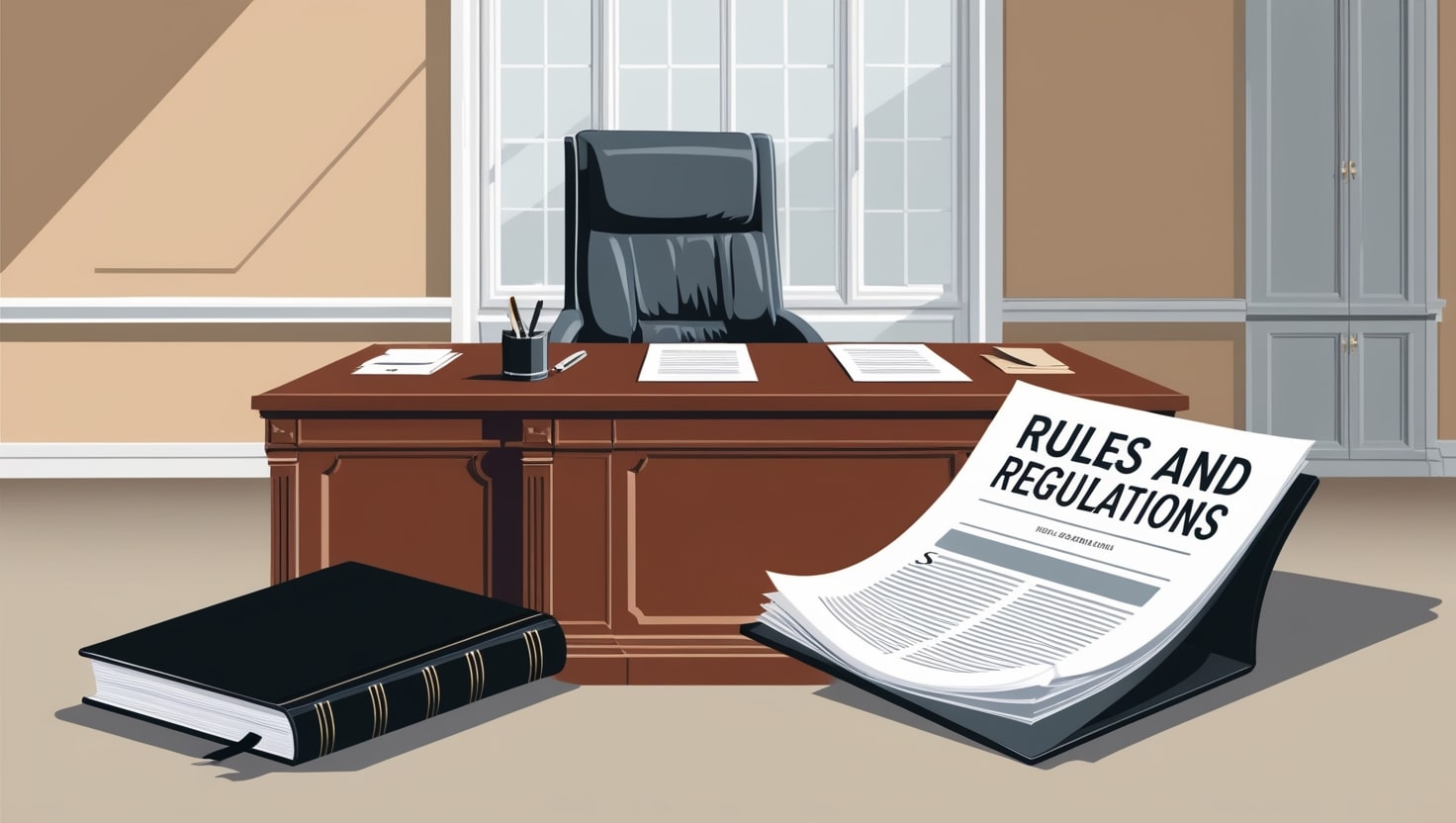Manila, Philippines Airbnb Rules & Regulations
Last updated on: 19th September, 2024


Last updated on: 19th September, 2024

Airbnb regulations in Manila are governed by a combination of national laws, local government policies, and Airbnb's own hosting standards. Here’s a summary of the key regulations and best practices for prospective hosts in the city:
Zoning and Property Use: Before listing a property, hosts must ensure that their area permits short-term rentals. Some residential and condominium communities may have specific rules against hosting via platforms like Airbnb.
Housing Requirements: If a property is being rented out, it must comply with local laws such as obtaining necessary permits, including a Mayor's permit, Barangay clearance, and occupancy permits. Additionally, hosts may need to register as a business with the Department of Trade and Industry or the Securities and Exchange Commission.
Accommodation Registration: Rentals may fall under the category of “accommodation establishment,” which involves adhering to the standards set by the Department of Tourism. Hosts must submit documentation such as an application form, a Mayor’s permit, and a statement indicating the intended use of the property.
Tax Obligations: Income generated from hosting is considered taxable. Hosts must register with the Bureau of Internal Revenue (BIR) and declare their earnings, complying with established tax return deadlines, including quarterly and annual returns.
Health and Safety Compliance: In light of the COVID-19 pandemic, hosts are required to follow health protocols established by the Department of Tourism, which include sanitation measures, guest screening, and maintaining a clean environment.
Insurance: While Airbnb provides some level of Host Protection Insurance, hosts are advised to obtain comprehensive homeowners’ or renters’ insurance that covers liability and property protection.
Consumer Protection: Hosts must adhere to the Philippine Consumer Protection laws, ensuring that accurate information is provided to guests and that they comply with regulations regarding hospitality services.
Neighborhood Considerations: Best practices involve informing neighbors of hosting activities to maintain community relationships and reduce noise disturbances. Establishing house rules and occupancy limits can enhance guest management and neighborhood harmony.
Permanent Residency and Hosting Regulations: For foreigners or non-residents, it is advisable to check specific regulations that might limit or prohibit participation in short-term rentals.
The Philippine government is adapting its policies as short-term rentals grow in popularity, so it's crucial for hosts to stay informed about changes. Given the complexity involved, seeking advice from legal or tax professionals is recommended to ensure full compliance with all regulations and laws in the Philippines.